Resilience Solutions
ERG’s resilience experts, including ERG’s Blue Earth Team, works at the forefront of public and private efforts to reduce emissions and adapt for the future. We provide the full spectrum of resilience services—from quantifying emissions to state-of-the-art mitigation and adaptation support designed to build community, environmental, and economic resilience at local, state, and federal levels. We work as practical visionaries in partnership with our public and private clients to develop and implement strategic solutions, including adaptation and mitigation strategies, as well as regulations and policies rooted in science. Our solutions include strategic decision-making approaches based on client priorities, conditions, and issues, as well as metrics and evaluation criteria to establish accountability and build trust and transparency. We ensure these solutions are informed by engaging partners and local communities in well-designed processes each step of the way and by communicating clearly and compellingly to all audiences throughout the process.
Emissions Quantification and Mitigation
ERG provides a full suite of services to support both voluntary and regulatory approaches to quantify and reduce emissions. For example, we have helped the U.S. Environmental Protection Agency design, implement, and grow programs such as the Methane Challenge, AgSTAR, the Landfill Methane Outreach Program, and the Greenhouse Gas Reporting Program for more than 20 years. Our project teams include the full range of expertise needed to support mitigation projects through every stage, from assessment to action. ERG air quality specialists inventory, characterize, and quantify emissions at facility, sector, national, and global scales. Our engineers, economists, and policy analysts assess the cost and performance of mitigation technologies to recommend emissions reduction opportunities across a wide variety of sectors. ERG communication specialists work with clients to design outreach and partnership strategies to support effective implementation of reduction opportunities.
- Emissions quantification
- Emission inventories at local, state, national, and global levels
- Emissions data management, reporting, and verification
- Technical guidance and tools to develop robust emissions inventories
- Product and organizational carbon footprinting
- Emissions reduction target development
- Mitigation
- Voluntary and regulatory program development, implementation, and evaluation
- Development and evaluation of emissions reduction strategies
- Quantification of mitigation costs and market and non-market benefits and impacts
- Modeling of emission reductions (decarbonization scenarios)
- Offset project calculations and protocol development
Infrastructure, Ecosystem, and Community Resilience
For over 20 years, ERG’s resilience team has supported multisector adaptation and mitigation projects for federal, state, regional, local, and nonprofit clients. We use a collaborative framework designed to increase capacity through engagement based on client priorities and conditions. We involve working groups, interested parties, and communities in each step of the process to identify strategies that most effectively enable our clients and their communities and partners to thrive. ERG’s resilience team collaborates with experts in ERG’s other service areas to bring a powerful breadth and depth of experience and expertise to all our projects.
- Design and implementation of plans and processes to promote community resilience
- Resilience plans and strategies
- Vulnerability assessments and adaptation plans
- Modeling and mapping
- Resilience action plans
- Hazard mitigation plans
- Integrated planning and policy documents
- Partner working groups
- Multisector collaboratives
- Community meeting series and events
- Communication and engagement tools
- Design of actions to reduce pollution and build resilience
- Multisector assessments of the quantitative and qualitative costs of inaction and benefits of actions
- Multisector and single-sector expertise, including land use, transportation, water, and natural areas and open spaces
- Strategies to reduce risks, shocks, and stressors
- Green and blue infrastructure to reduce risks and foster ecological and community benefits
- Multisector, multisource mitigation strategies
- Collaboratively designed adaptation actions to increase benefits to community (including vulnerable communities), industry, and the environment
- Adaptation and implementation pathways to support decision-making, prompt effective actions, and provide a path forward to adapt over time
Earth Science Observations and Projections
A solid understanding of the science—including causal mechanisms and impacts on earth systems, ecosystems, and health and well-being—underlies all of ERG’s resilience work. As a key contractor supporting several high-profile data and indicator initiatives over many years, ERG has acquired a deep familiarity with the best available observational data sources, which provide multiple lines of evidence to inform our technical analyses. Our experts and partners collaborate to analyze the best available global model projections. They also develop novel analyses that quantify and monetize projected impacts and qualitatively assess benefits to communities and their local environment. Building on this information, they assemble comprehensive assessments at local, state, and federal scales. These assessments support ERG colleagues and clients in their adaptation, mitigation, and resilience work.
- Detailed analysis of observational data sets (e.g., long-term weather, data, health statistics)
- Projections of global physical conditions
- Impact modeling
- Assessments
- Development and maintenance of indicators that track observed events
Community-Focused Approach
We develop goals and metrics in partnership with local communities and participants to ensure that our work is accountable, transparent, and measurable. We prioritize adaptation and mitigation actions based on how well they address risks and harms to communities, and on their benefits to neighborhoods most affected by current and future hazards.
- Community engagement and support
- Community engagement tools and approaches
- Community-driven planning processes and assessments
- Visioning and goal development
- Citizen and participatory science
- Community resilience planning
- Regulatory program support for communities
- Governance and organizational effectiveness
- Capacity building
- Technical and analytical support
- Environmental and health analyses
- Economic and community impact analyses
- Modelling, mapping, and data support for impact assessments
- Air and water quality assessments
- Cumulative impacts
Resilience Communications
Translating good science and good policy into action requires effective communication to bring people together around a shared understanding, help them know what they can do and how, and inspire them to act. ERG has a track record of demystifying complex issues and conveying science in readily understandable words and images without sacrificing accuracy. Our strategic communication specialists work in partnership with our clients, ERG technical project teams, and communities to identify the most effective approach, tailoring processes and communications to specific conditions and issues based on assessment findings and identified goals and objectives. In all our work, we emphasize collaborative solutions, actionable recommendations, and measurable improvements to ensure an effective response.
- Public and partner outreach and engagement
- Conveying earth science observations and projections in understandable words and images
- Data visualization and web tools
- Education and training
- Capacity building for resilience programs
- Technical assistance programs for multiple audiences
- Development of tools for public use, such as emission calculators and interactive models
- Risk communication
Projects
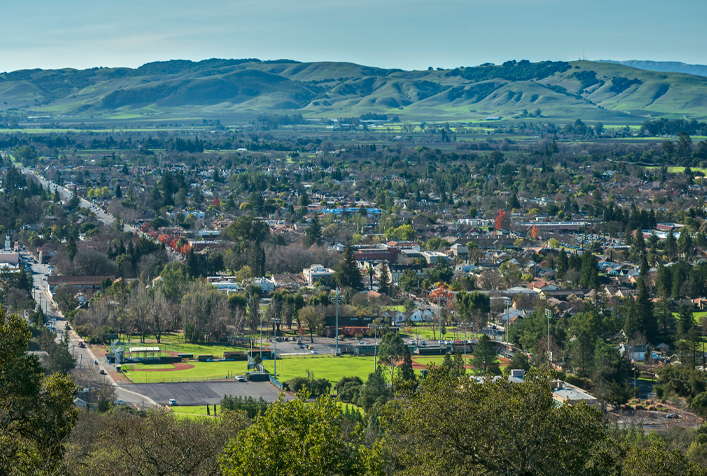
Development of a Wildfire and Climate Resilience Program
County of Sonoma

Developing Community Resources for Building Transportation Systems Resilience to Extreme Weather Events
National Cooperative Highway Research Program

Regional Shoreline Adaptation Plan for the San Francisco Bay
San Francisco Bay Conservation and Development Commission
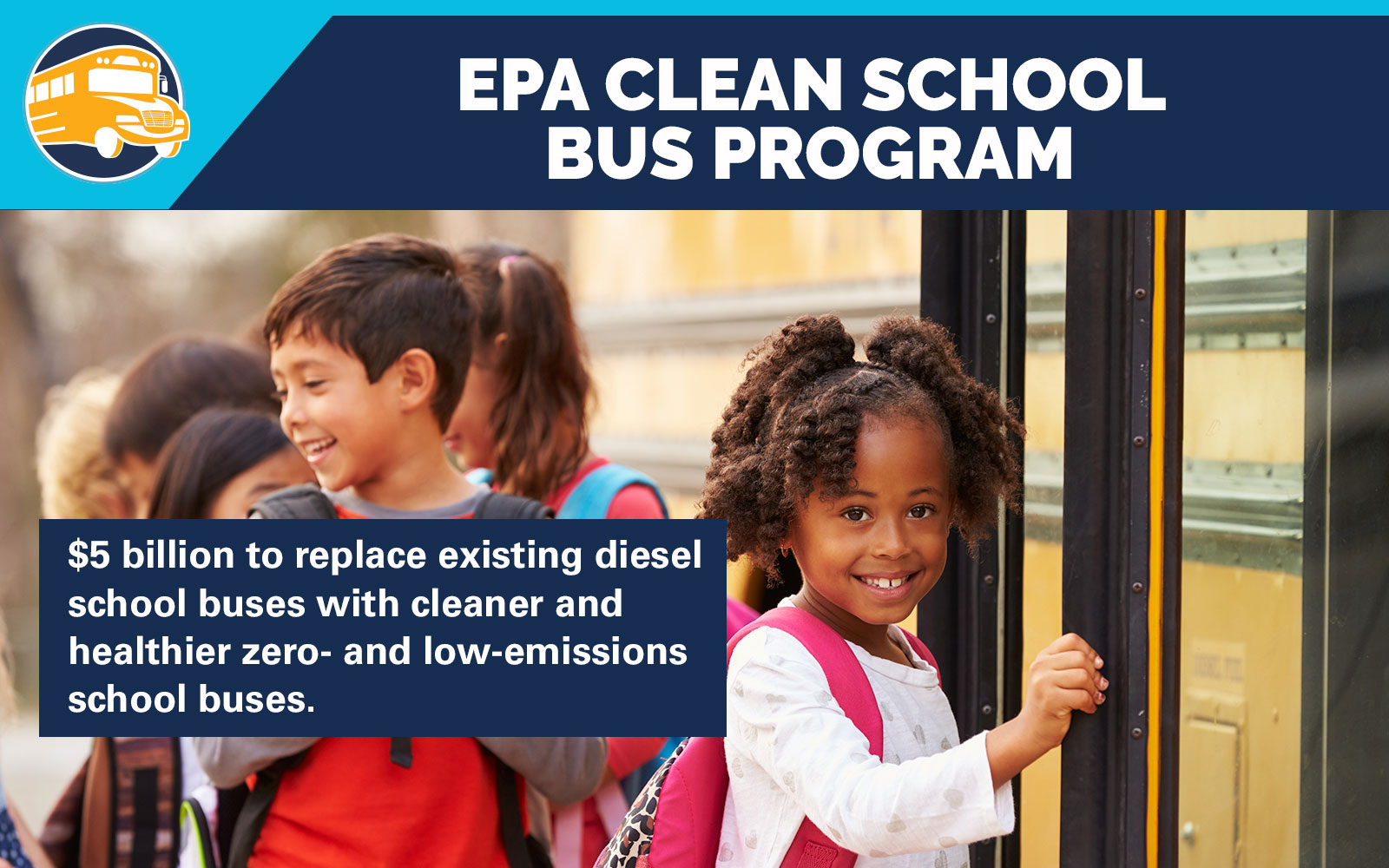
Support to EPA’s Clean School Bus Program
U.S. Environmental Protection Agency

Supporting Green and Healthy K-12 Schools in Massachusetts
Massachusetts Department of Public Health

NOAA Coastal Resilience and Habitat Restoration Investments
National Oceanic and Atmospheric Administration

Coastal Resilience Community and Tribal Engagement Plan
Washington State Department of Ecology
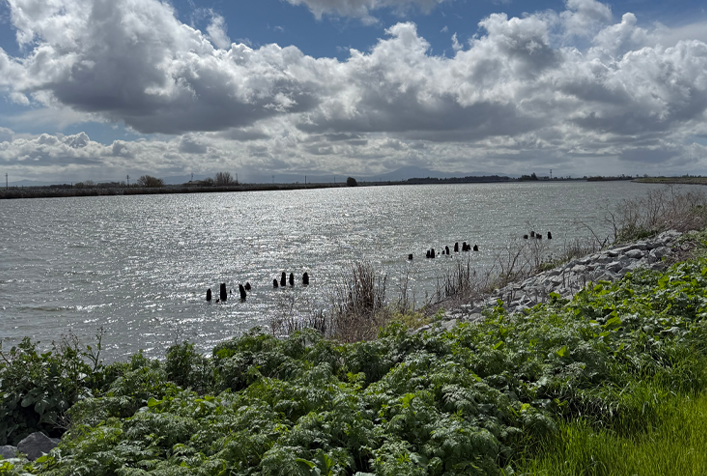
Coastal and Deltaic Wetland Conservation Convenings
The Nature Conservancy
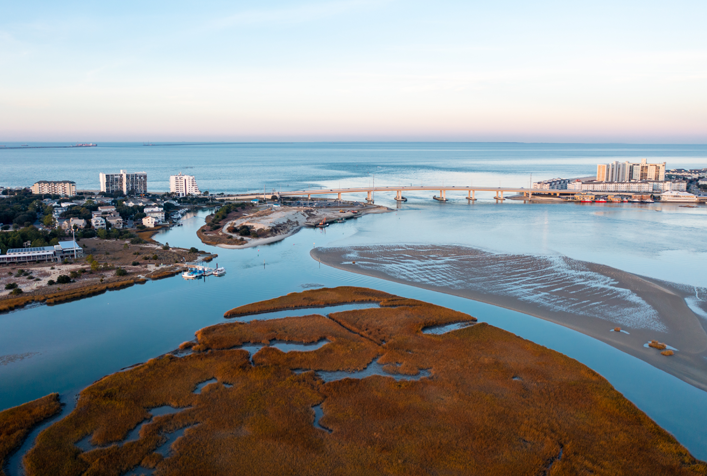
Support for Developing a Chesapeake Bay Tidal Wetlands Strategic Plan
Chesapeake Bay Trust
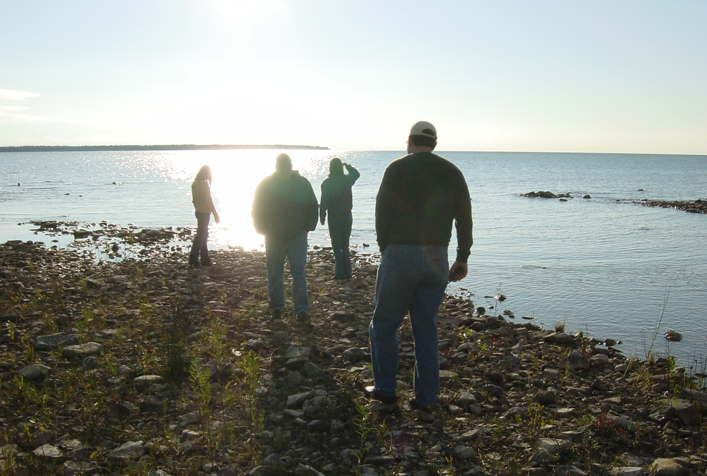
Coastal Resilience Case Studies
National Fish and Wildlife Foundation
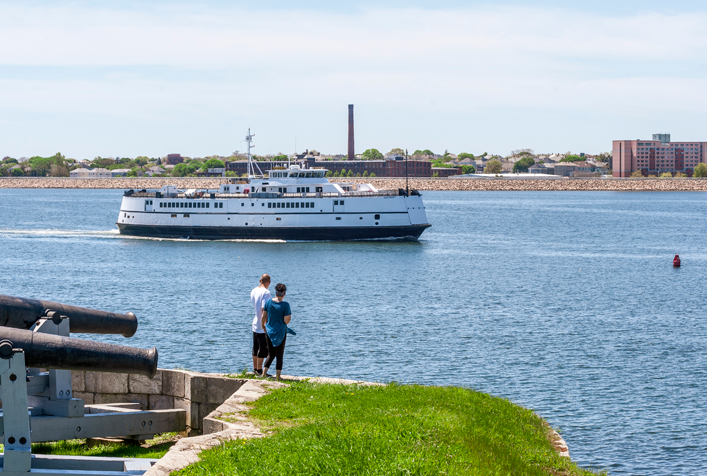
Assessment of Massachusetts Designated Port Areas
Massachusetts Office of Coastal Zone Management

Coastal Resilience Developmental Evaluations
National Oceanic and Atmospheric Administration
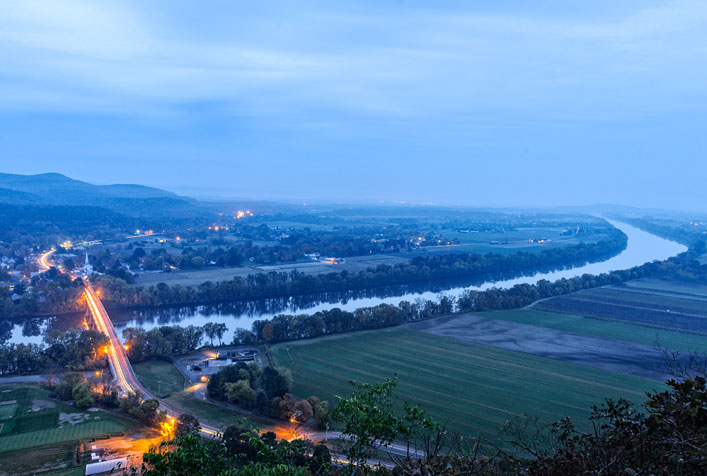
Comprehensive Update of Massachusetts "ResilientMass Plan"
Executive Office of Energy and Environmental Affairs (EEA), Massachusetts Emergency Management Agency

Evaluation of Pentagon Resilience
U.S. Department of Defense, Washington Headquarters Services
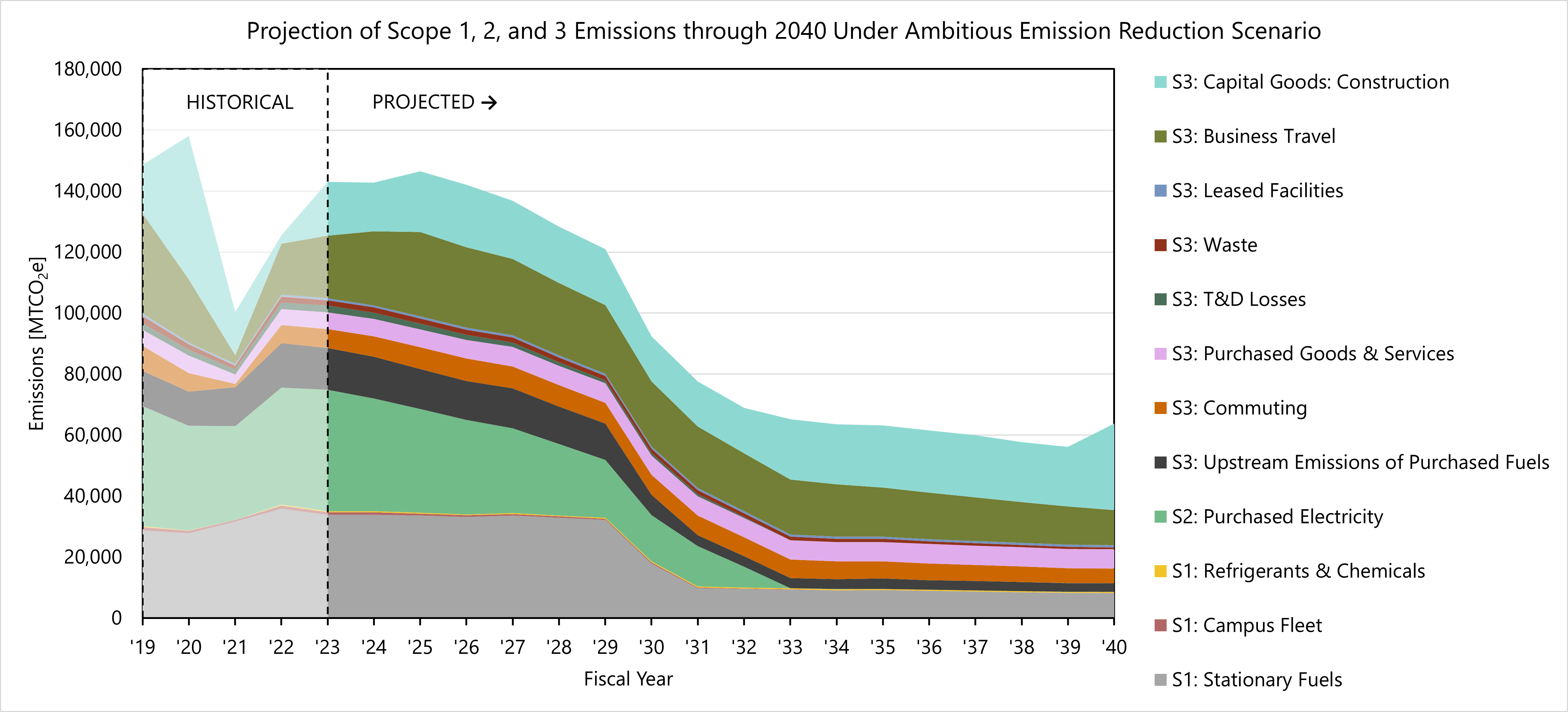
University Emissions Inventory Development, Analysis, and Modeling
Undisclosed university
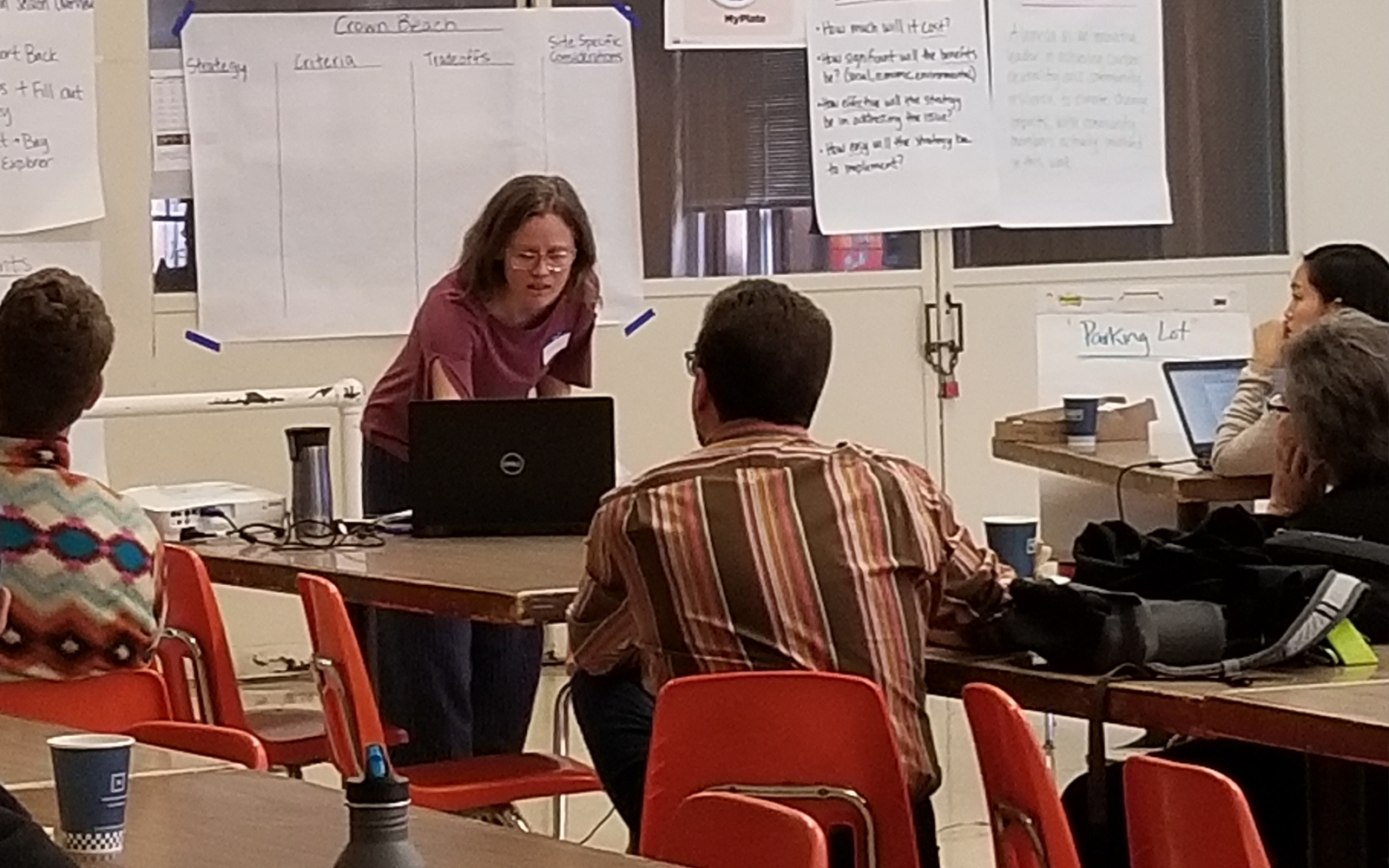
Facilitating Community-Driven Solutions to Resilience in Alameda, California
City of Alameda
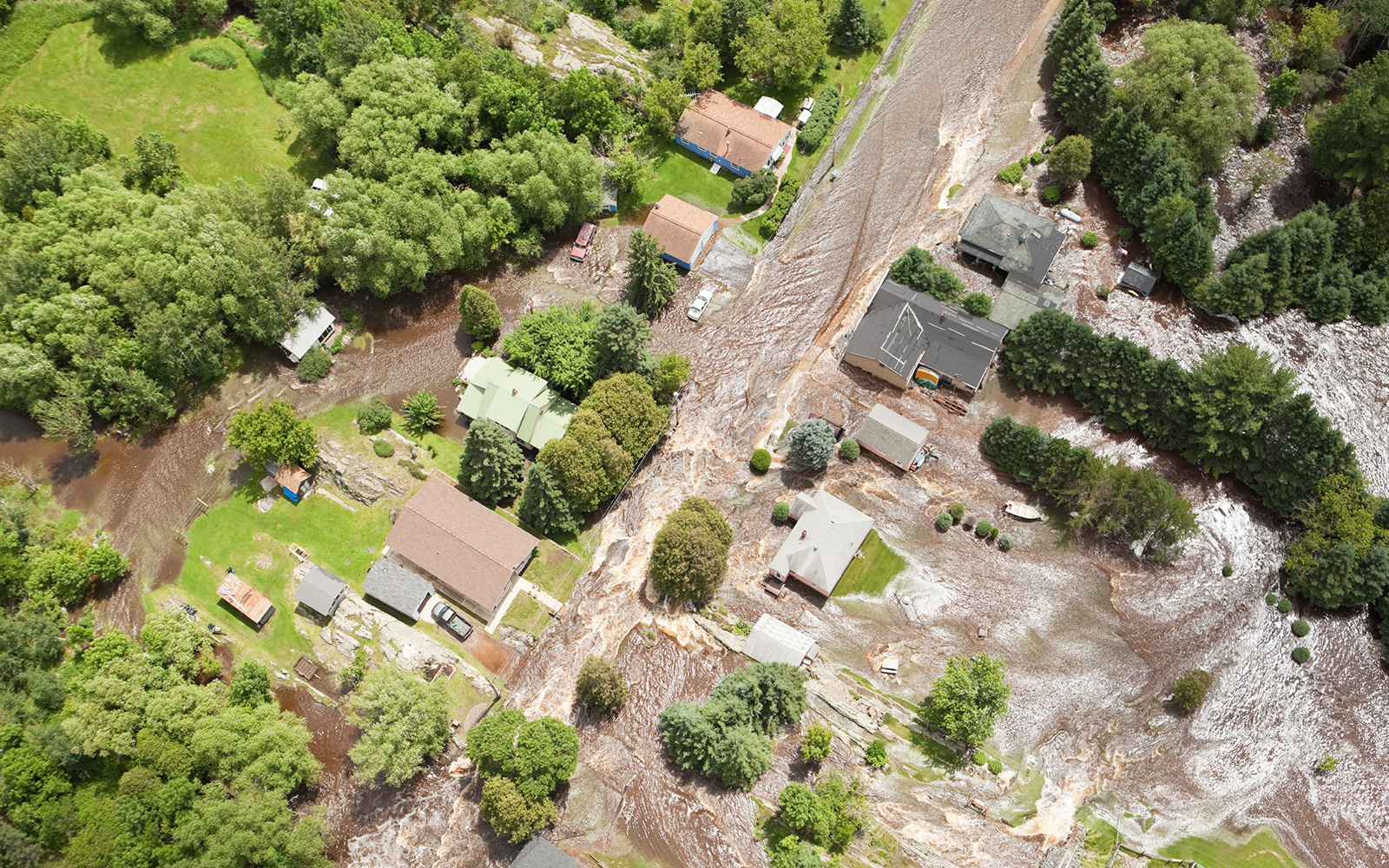
Flash Flood Summit and Stakeholder Engagement
National Oceanic and Atmospheric Administration
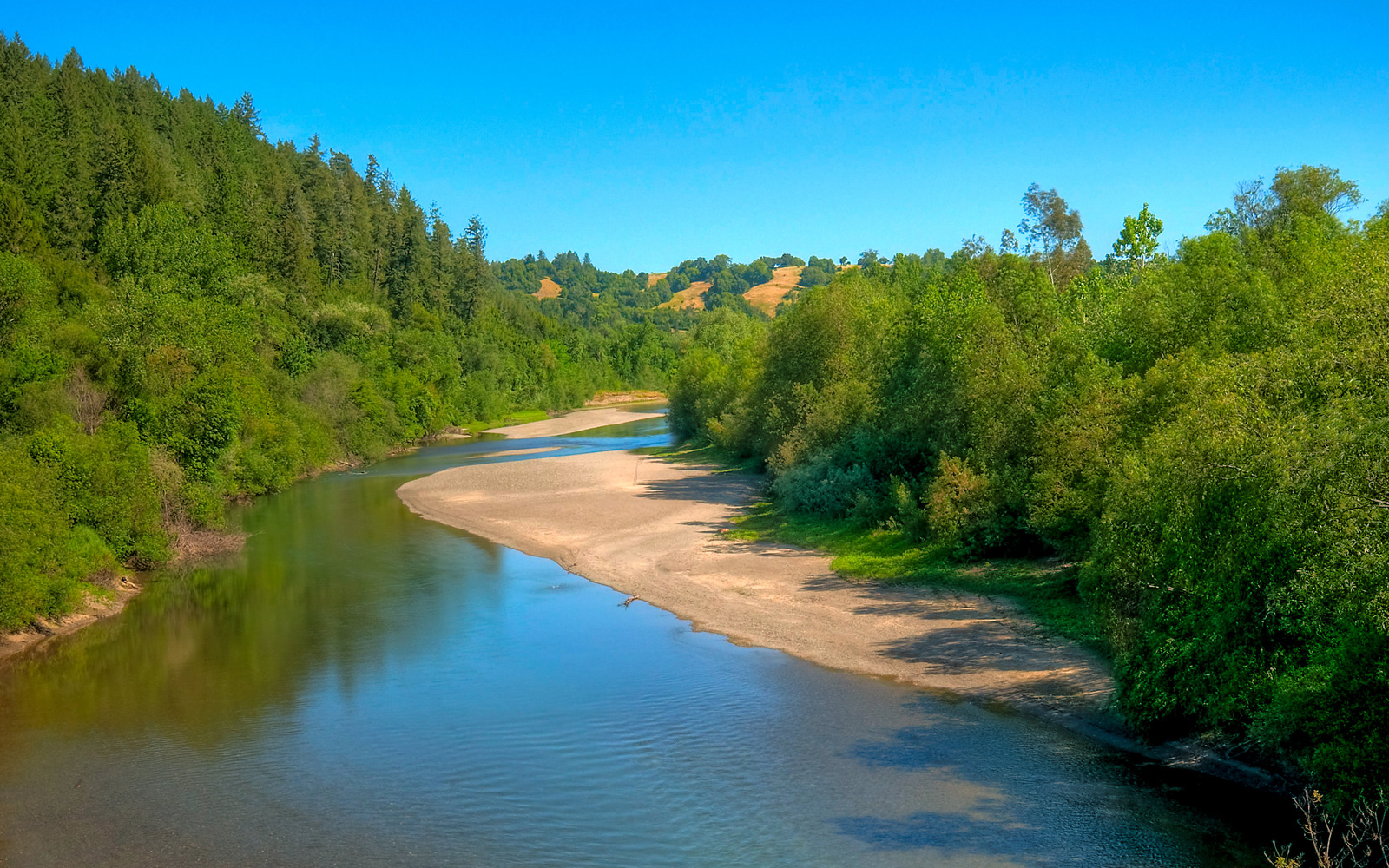
Forecast Informed Reservoir Operations
Scripps Institution of Oceanography, Sonoma County Water Agency, U.S. Army Corps of Engineers
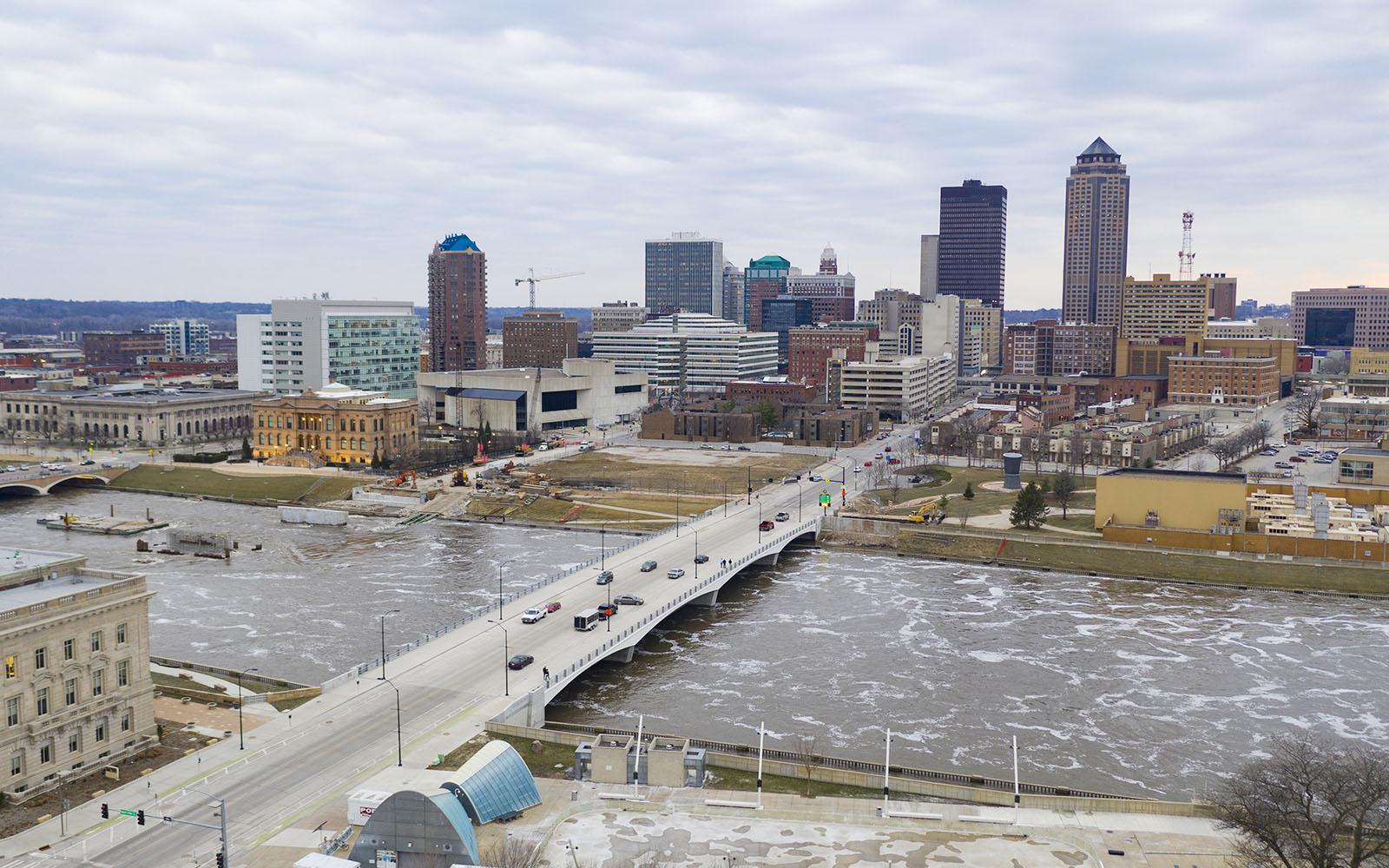
Increasing Community Resilience
National Institute of Standards and Technology
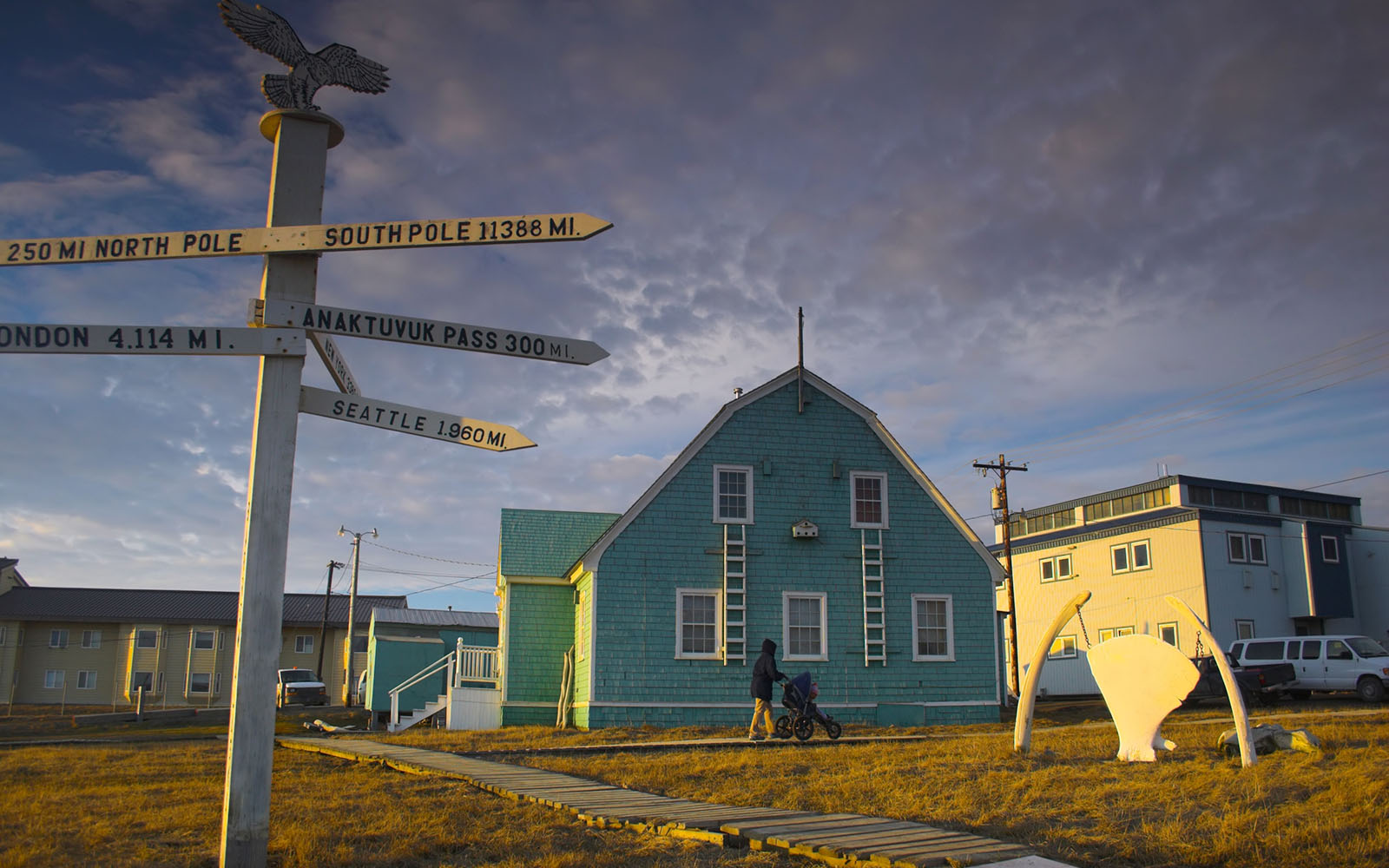
Saving Lives and Infrastructure in Western Alaska Native Villages
National Oceanic and Atmospheric Administration, National Weather Service
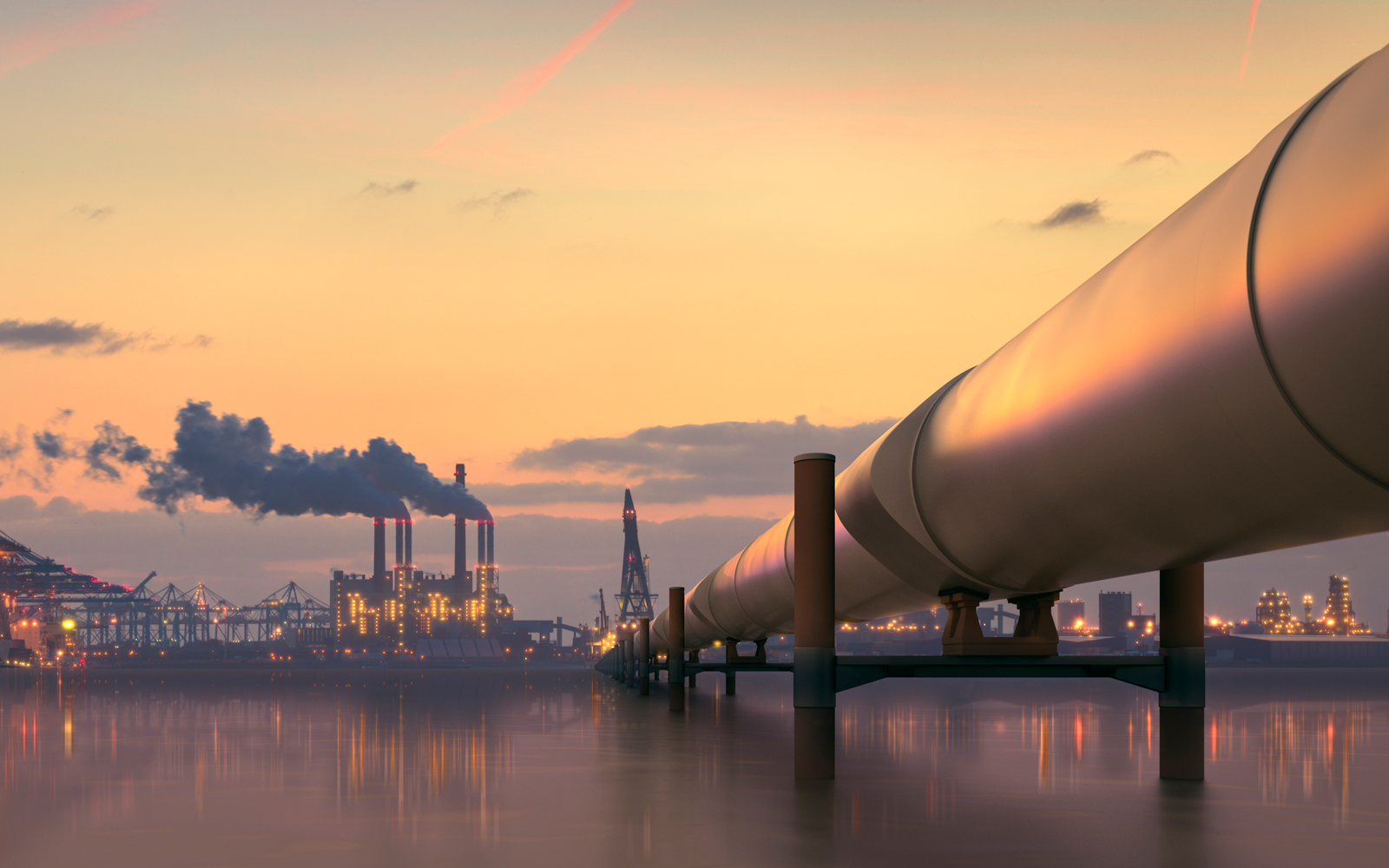
Incorporating Out-of-State Fuel Cycle Emissions in New York State’s Emissions Inventory
New York State Energy Research and Development Authority

Modeling Electric Transportation and Other Sustainability Solutions for the State of Maine
Maine Governor’s Office for Policy Innovation and the Future
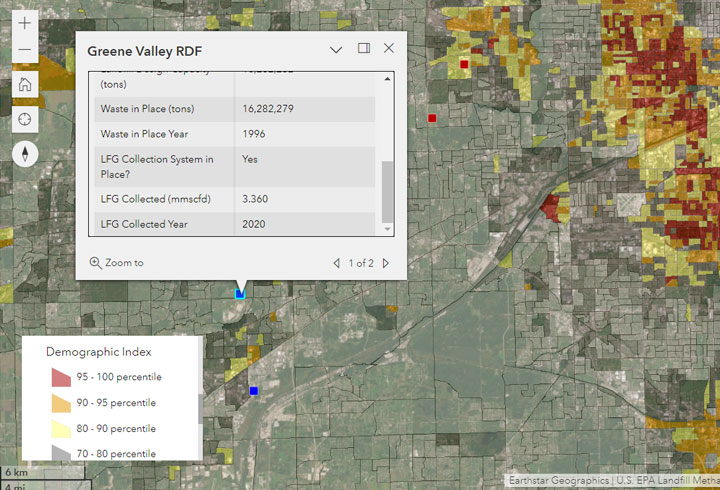
Helping EPA Reduce Landfill Methane Emissions
U.S. Environmental Protection Agency
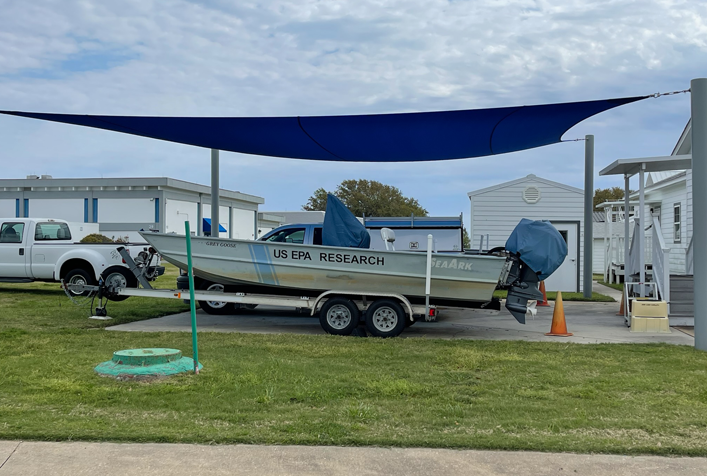
Laboratory Resilience Assessments
U.S. Environmental Protection Agency
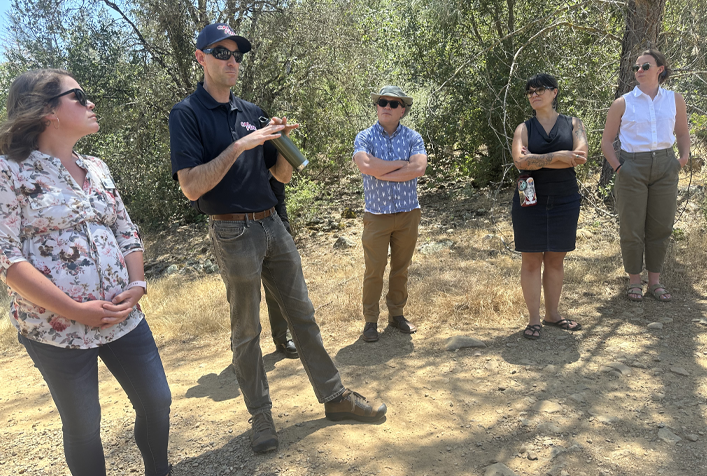
Accelerating the Pace and Scale of Nature-Based Solutions
The Nature Conservancy
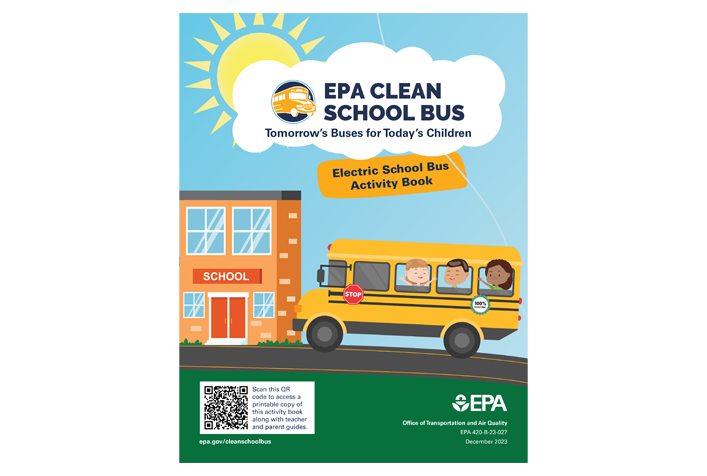
Development of Outreach Materials for EPA’s Clean School Bus Program
U.S. Environmental Protection Agency

University Campus Sustainability Plan
Undisclosed university
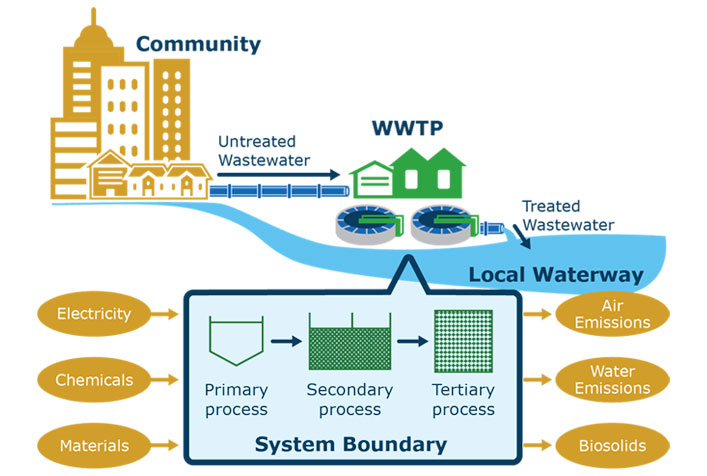
Life Cycle Assessment of Wastewater Treatment Upgrade Options to Improve Nutrient Removal
U.S. Environmental Protection Agency
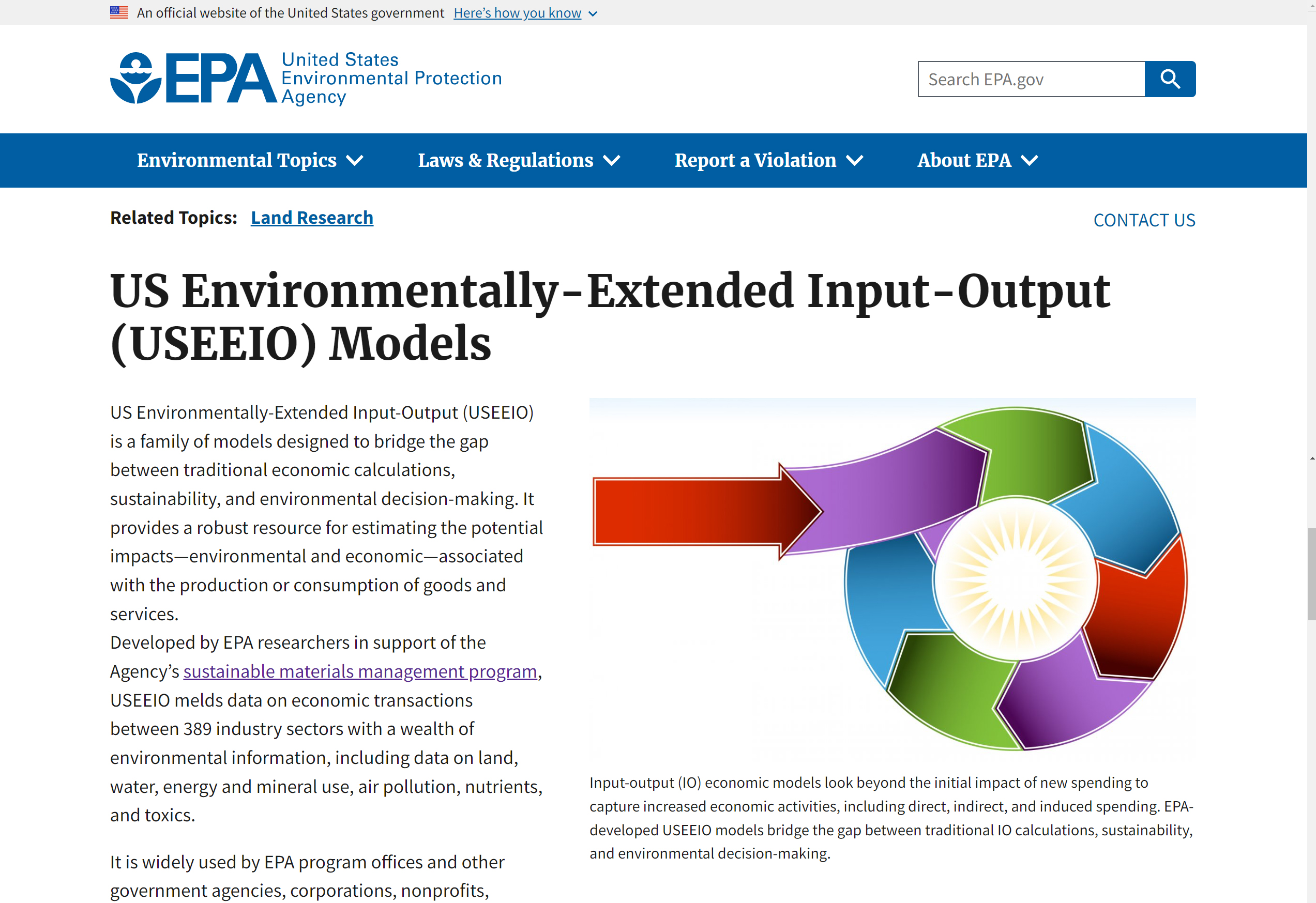
Including Environmental Metrics in the USEEIO Model for Sector and Commodity Assessment
U.S. Environmental Protection Agency
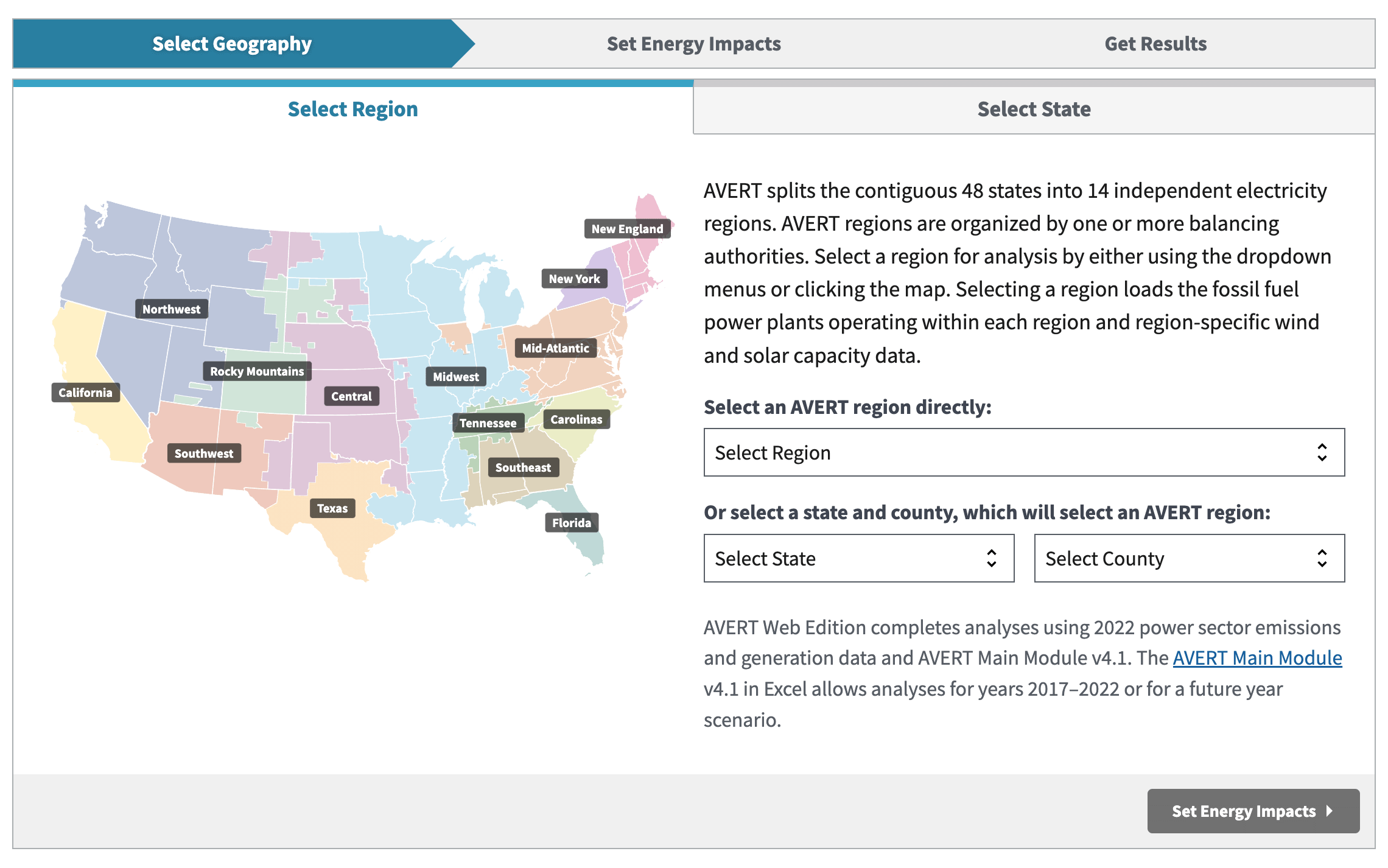
Development of EPA’s AVoided Emissions and geneRation Tool (AVERT)
U.S. Environmental Protection Agency
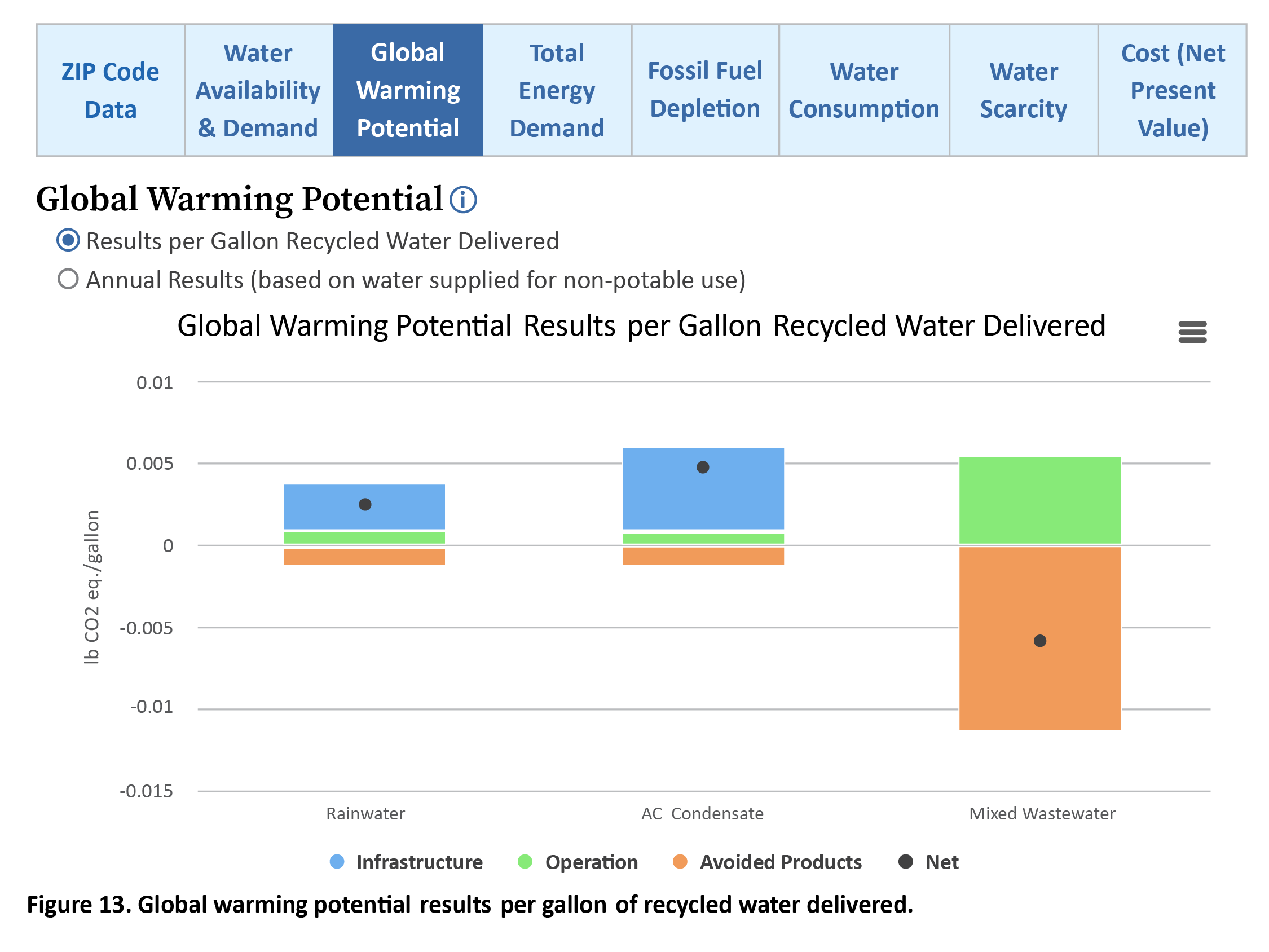
NEWR Calculator
U.S. Environmental Protection Agency
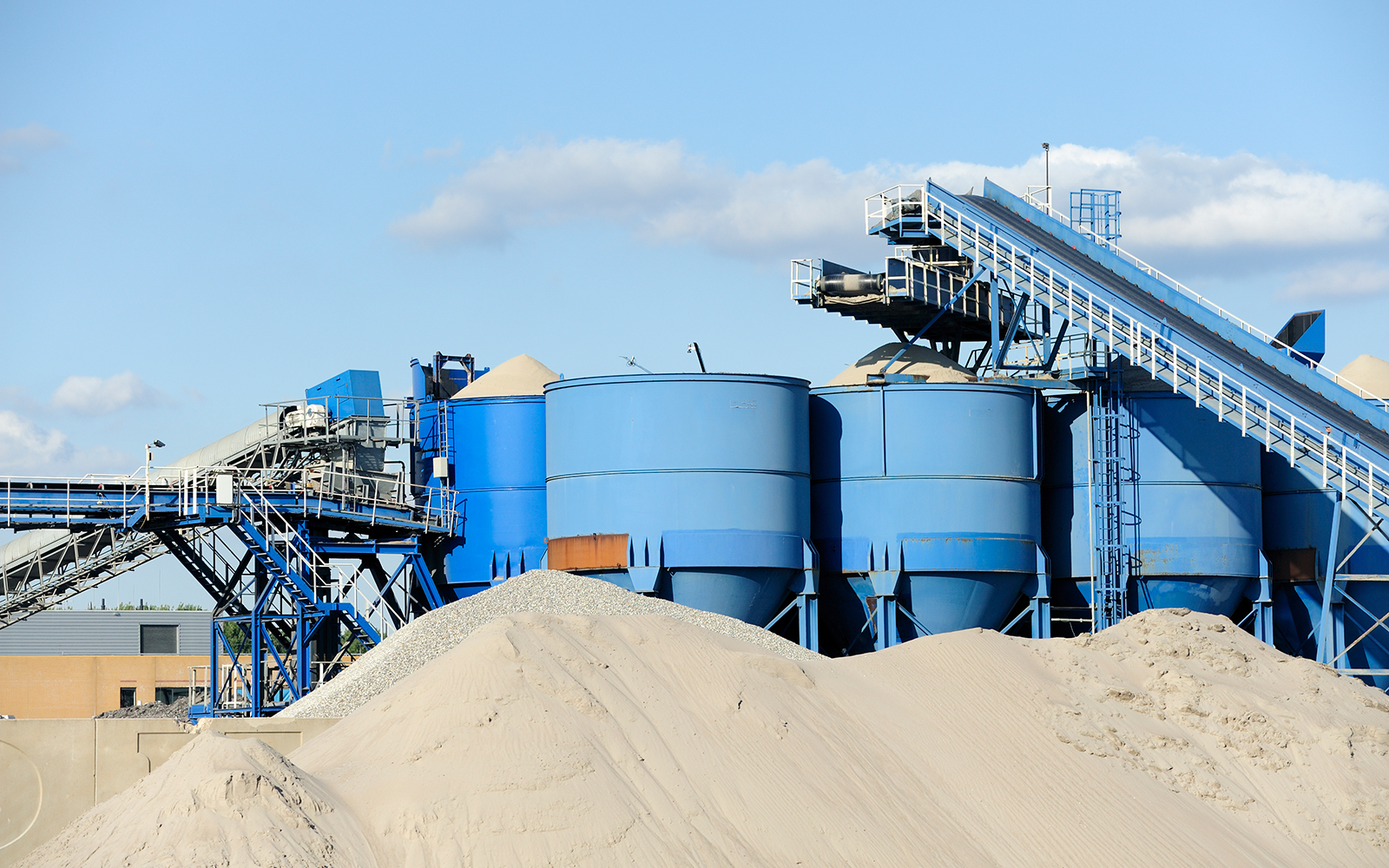
Updates to the GREET Model
Argonne National Laboratory

Assessing the Environmental and Socioeconomic Impacts of Biofuels Production Using Input-Output Modeling
National Renewable Energy Laboratory
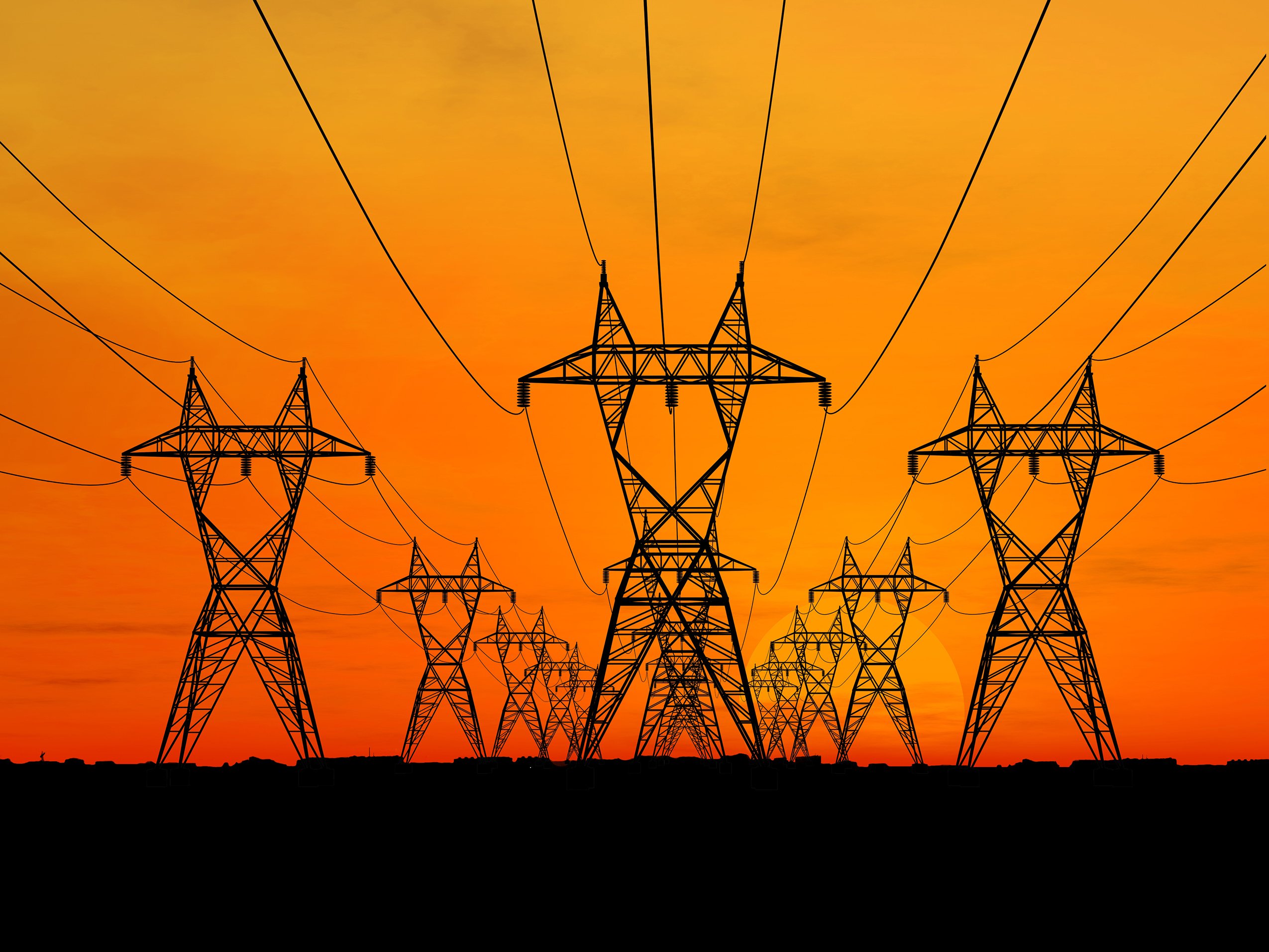
Regional Life Cycle Assessment Tool for U.S. Electricity
National Energy Technology Laboratory, U.S. Environmental Protection Agency

Helping Green Freight Programs Succeed at Home and Abroad
International Council on Clean Transportation, Natural Resources Canada, U.S. Environmental Protection Agency

First Industry-Wide Greenhouse Gas and Energy Life Cycle Assessment of Pine Chemicals
American Chemistry Council
Service Area Leads

I believe that advancing public health and environmental sustainability requires reducing pollution emissions and exposures to these emissions—through collaborative solutions that strengthen communities and the ecosystems we all depend on.

I feel fortunate to work with so many dedicated researchers at EPA and other agencies on remediating contaminated water sources, increasing community resilience, and developing decision-support tools. While my particular expertise is groundwater, I’ve had the opportunity to lead projects in urban planning, coral reefs, emergency response, stormwater, modeling, and more. Multi-disciplinary approaches are helpful for tackling all these issues, and I’m always learning.

In my experience, effective climate action requires invested leadership, multidisciplinary expertise to address all sources of greenhouse gas emissions, and equitable stakeholder engagement to guide and successfully implement new policies and strategies. I have had the pleasure of managing several climate action plan projects, guiding both municipalities and universities through the process of developing and implementing their unique plans, and I’m proud of the positive benefits those plans have brought to stem the effects of climate change.

I am inspired every day by my work with clients and colleagues dedicated to improving our environment—and by our shared goal of developing superior, technically sound solutions to some of our nation’s most challenging environmental issues.

Building meaningful relationships with clients, co-workers, stakeholders, and the community is key to the success of every project. Over my years of supporting the U.S. Environmental Protection Agency’s mission as a contractor, I have been fortunate to learn from some of the best and brightest researchers. I look forward to continuing to use my experience and engineering skills in developing innovative solutions to environmental problems in the United States and around the world.

I view every interaction as an opportunity to learn something new. Through my work at ERG, I feel fortunate to be surrounded by an amazing group of colleagues who share a sense of curiosity and a strong desire to innovate and grow our collective expertise so that we can better serve our clients and make the world more sustainable and compassionate.
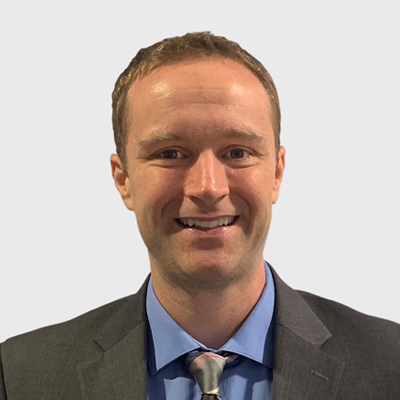
As an economist, I have come to appreciate that the qualitative context—including co-benefits, benefits distribution, environmental and health impacts, and social and political obstacles—can be as essential to decision-making as the numerical outputs. I enjoy working holistically with my government and community clients to determine how best to meet their needs and communicate the results.

I love working in the coastal zone, where the incredible diversity of ecosystems, communities, and activities presents unique challenges. For me, this complexity is a constant source of learning. Our team and clients bring together a wealth of knowledge and expertise, making it truly inspiring to work collectively toward resilience solutions.

My work is all about continual improvement. Whether it’s tackling emerging challenges in our environment, setting and working toward incremental sustainability goals, or designing information products that reach new audiences in innovative ways, I enjoy opportunities to raise awareness, raise the discourse, and help our clients improve human well-being and the health of our planet.

My favorite problems are the difficult ones—those sticky, multi-jurisdictional, multi-sector problems that require us to find new partners, develop new frameworks for working together, and be brave, humble, and kind. I love building frameworks that enable the person with the least amount of power and the person with the most amount of power to share their perspectives and contribute to solutions. Whatever the issue, my goals are to develop transparent, equitable, and effective solutions and to have fun along the way!

I am passionate about addressing community resilience holistically, combining cross-sector data analysis with community knowledge and engagement.
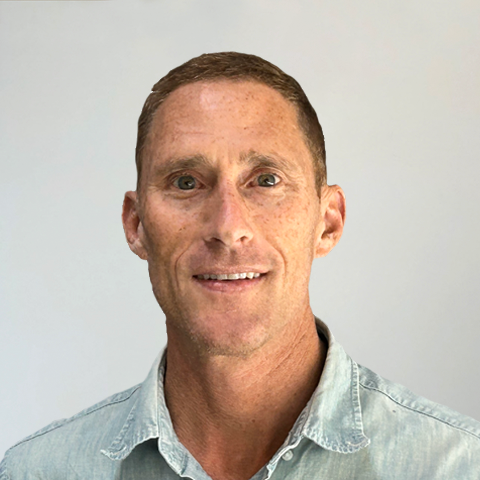
My work and ethos are driven by innovation, whether advancing coastal resilience, supporting multi-level partnerships across the Pacific, or translating complex environmental issues into clear, actionable strategies. I’m most energized by tough, cross-cutting challenges that require creativity, collaboration, and deep understanding. To me, success means thoughtfully bringing diverse voices to the table when it truly matters, creating solutions that genuinely support the communities we serve.

The most rewarding aspect of my career at ERG has been the opportunity to work each day with colleagues and clients who share a commitment to a clean energy future.